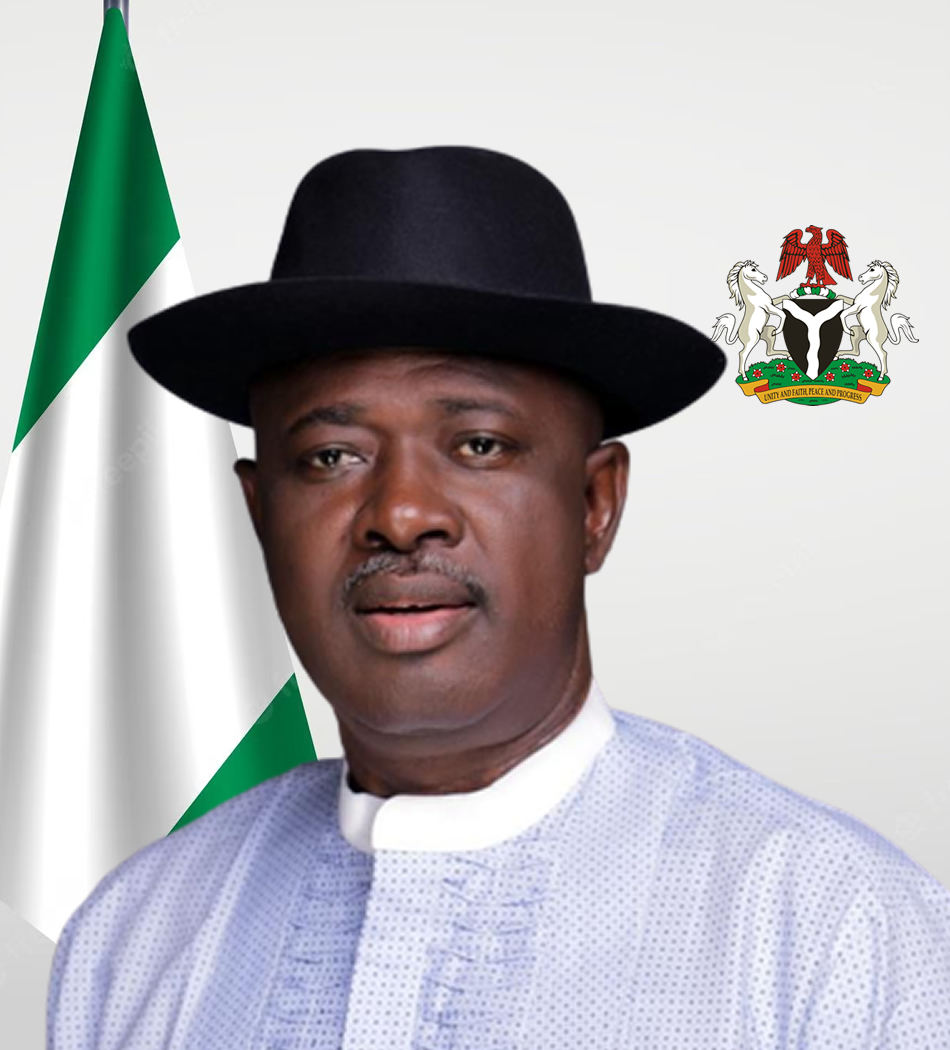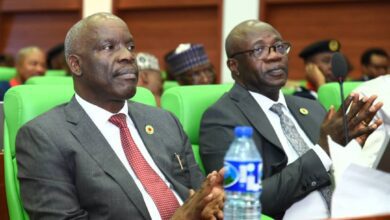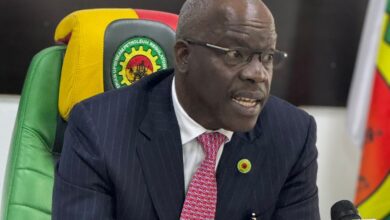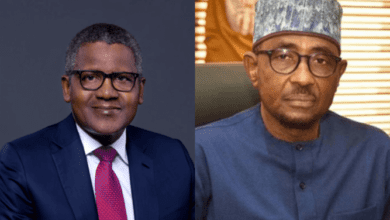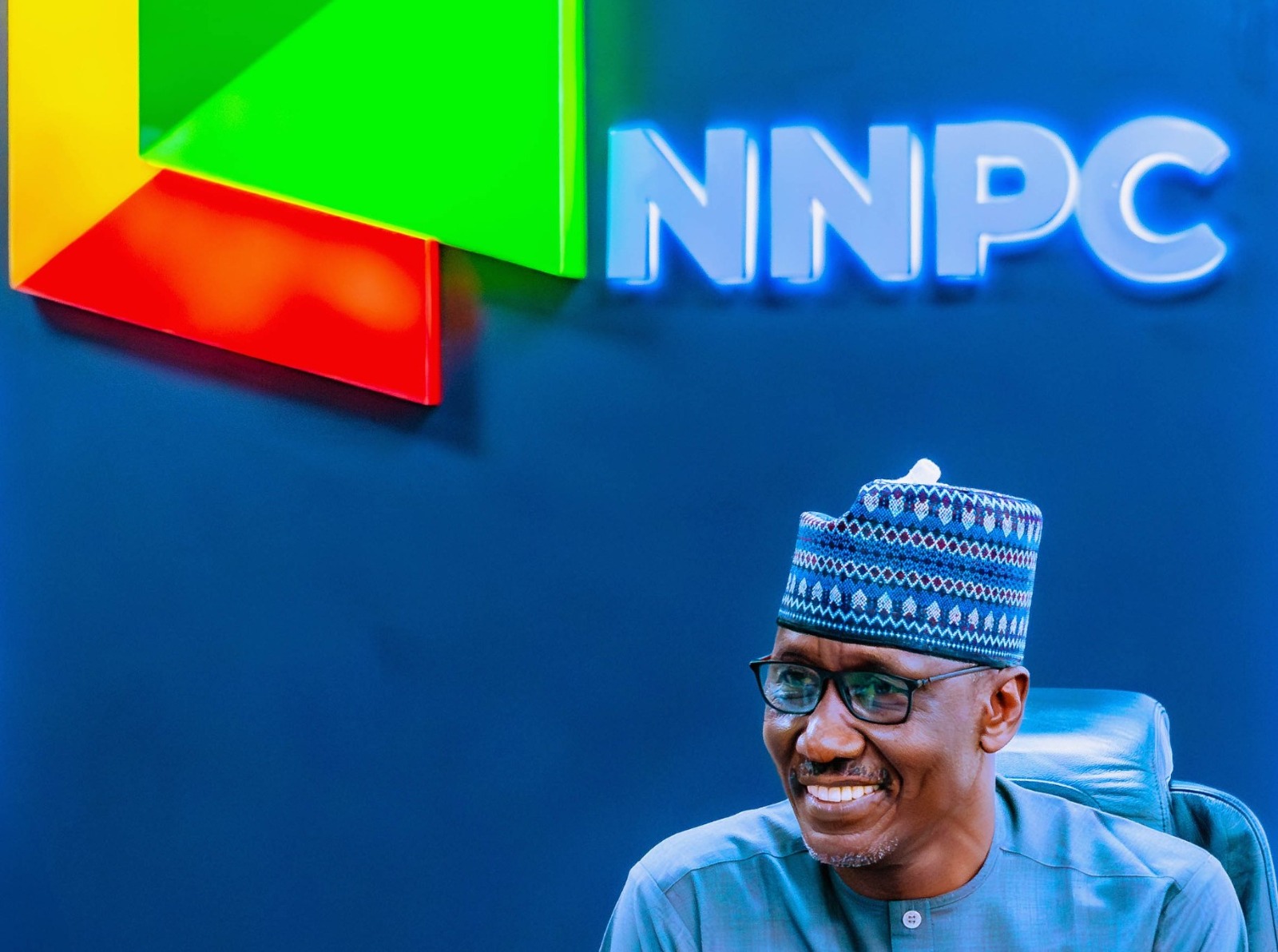Nigeria Needs $20bn Annually To Bridge Gas Infrastructural Gap -NEITI Boss

Nigeria requires an estimated $ 20 billion annually to bridge gas infrastructural gap in the country if it must achieve the desired gas expansion.
The Executive Secretary, Nigeria Extractive Industries Transparency Initiative (NEITI), Dr. Orji Ogboonya Orji disclosed this during the Decade of Gas Action Plan Dialogue organised in Collaboration with the National Resource Governance Institute (NRGI) On Monday in Abuja.
TheFact Daily reports that the “Decade of Gas” is a federal government-led initiative aimed at harnessing the country’s vast gas reserves to drive economic growth and development.
The initiative was launched on March 29, 2021, by President Muhammadu Buhari in Abuja, and it runs from January 1, 2021, to December 31, 2030.
The goal was to increase the domestic utilization of Liquefied Petroleum Gas (LPG) and Compressed Natural Gas ( CNG), commercialize gas flares, develop industrial gas markets, and increase gas supply and distribution.
However, three years after the launch of the programme, key projects marked for execution under it have been ignored, indicating that it may have amounted to nothing more than sloganeering.
The programme is built on the premise that gas is a key driver of economic growth and development, and Nigeria has nearly 209 trillion cubic feet of natural gas reserves, which ranks as the ninth largest in the world.
The “Decade of Gas” initiative is an integral part of the process of developing gas infrastructure, with the construction of the 614km Ajaokuta-Kaduna-Kano gas pipeline as the number one starting point.
Speaking, Dr. Orji said, in order to quickly reposition the gas sector, the Presidential Steering Committee set up by the last administration to fashion out the implementation of the Petroleum Industry Act (PIA) must be considered.
Dr. Orji said, it would be helpful if the Committee is reconstituted, re-energised, revitalised, or disbanded because it is important in fashioning out the comprehensive layout or strategy of what needs to be done.
He appealed to the government not to
Jettison it because of the amount of work that has gone into it, adding that before the Committee was set up, NEITI had highlighted some regulations that should come out of the PIA.
He said, the Committee identified 85 regulations and 27 modern contracts that need to be developed and broken down.
Additionally “we requested for comprehensive mapping of infrastructure gaps that need to be addressed. Prioritise gas demand and supply project chain, and demand that projections meet specific plans in these areas. Deregulation of gas policy to align with physical adjustment as provided by the PIA.
“Gas experts have argued that the market base pricing requires where producers and consumers are free to engage in transactions without government interference will generate more government revenues and free up capital for government spending.
“Fundamentally, we requested for government to come out with a gas utilisation policy, gas management policy, fully costed plans with specific targets and reliable opportunities.
“We in NEITI believe that the opportunities in gas are enormous. We have the potential, we have resources, we have the human capacity and we can invest in gas to prepare for the journey of energy transition without gas. Without gas infrastructure there is nothing that can be done”, Orji said.
The Presidential Steering Committee for the implementation of the PIA was set up by the administration of President Muhammadu Buhari in August 2021 but is yet to put its report together.
Earlier in his Welcome Address, the Executive Director of the African Initiative For Transparency, Accountability, and Responsible Leadership (AFRITAL), Dr. Louis Ogbeifun said, it was in a bid to achieve energy accessibility, affordability, and sustainability as a country that the 2021-2030 government legislation tagged the “Decade of Gas Action Plan (DofG)” was enunciated.
“If the government’s intentions were effectively implemented, Nigeria is expected to witness a vast gas infrastructural development during the period”, he said.
Dr. Ogbeifun said, part of the stepping stones towards achieving the goals of DofG was the construction of the 614km Ajaokuta-Kaduna-Kano gas pipeline (AKKP), which would transport about 2 billion cubic feet of natural gas per day from Ajaokuta to power plants in Abuja, Kaduna, Kano and other plants in the Northern axis of the country.
He said, “the good news about AKKP is that the NNPC seems to be funding the project and has spent over $1 billion. This and other initiatives are also aimed at deepening the usage of LPG and CNG in the country and ultimately expanding the Autogas policy, which would reduce dependency on petrol as our mainstay for transportation in the long run.
“Before the AKKP project, Nigeria conceptualized the Nigeria-Morocco Gas Pipeline as an extension of the West African Gas Pipeline, which would run through some African countries with a possible linkage to European markets.
“This project was conceptualized in 2016. Outside the NLNG project, the Nigeria-Morrocco Gas Pipeline project would meet the international focus even as the local expansion of the LPG and CNG are also being pursued.
“Let us hope that our leaders would cautiously navigate the rough edges of the coup in the Niger Republic to forestall the risks of sabotage of this project by international state and non-state actors.
“Many countries are abandoning fossil fuels as a significant energy source. For Nigeria to make good on its promise to join the train, it would have to increase its crude oil production in the short run beyond the current level to have money to diversify and invest in other alternative sources.
“Even in the medium- and long-term periods, natural gas, which Nigeria has in abundance, which has been described as cleaner than coal or petroleum, is also within the fossil fuel family. This means that walking off fossil fuel for Nigeria is not immediately foreseeable.
“The question is, how does Nigeria maximize its hydrocarbon benefits with so much of its assets lost to vandalism, crude theft, and the massive depreciation of its currency? Nigeria’s focus on using gas as a sustainable energy alternative is capital-intensive. It has been speculated that Nigeria would need over $1 trillion to achieve the 2060 zero-emission targets.
“With the dwindling international funding support and the expulsion of foreign interests from some parts of the continent, which is spreading to other countries in the sub-region, we, as citizens, must be worried about how to fund and birth the gas projects in a manner that would be cost-efficient, cost-effective, and less hazardous to our women, youths and the rest of our citizens.
“With the myriads of challenges facing the Federal government, especially with funding regimes and the bullish behavior of the USD against the Naira, what alternative right-sizing plans do the government have to ensure that the DofG action plan is not in jeopardy?
“We should also be worried and begin to ask how the government shall deal with the burning of our gas, also popularly known as “gas flair,” that the target dates for ending gas fairing have been shifted several times, forex issues, lack or limited access to funding by acreage holders and local investors, etcetera”, he said.

